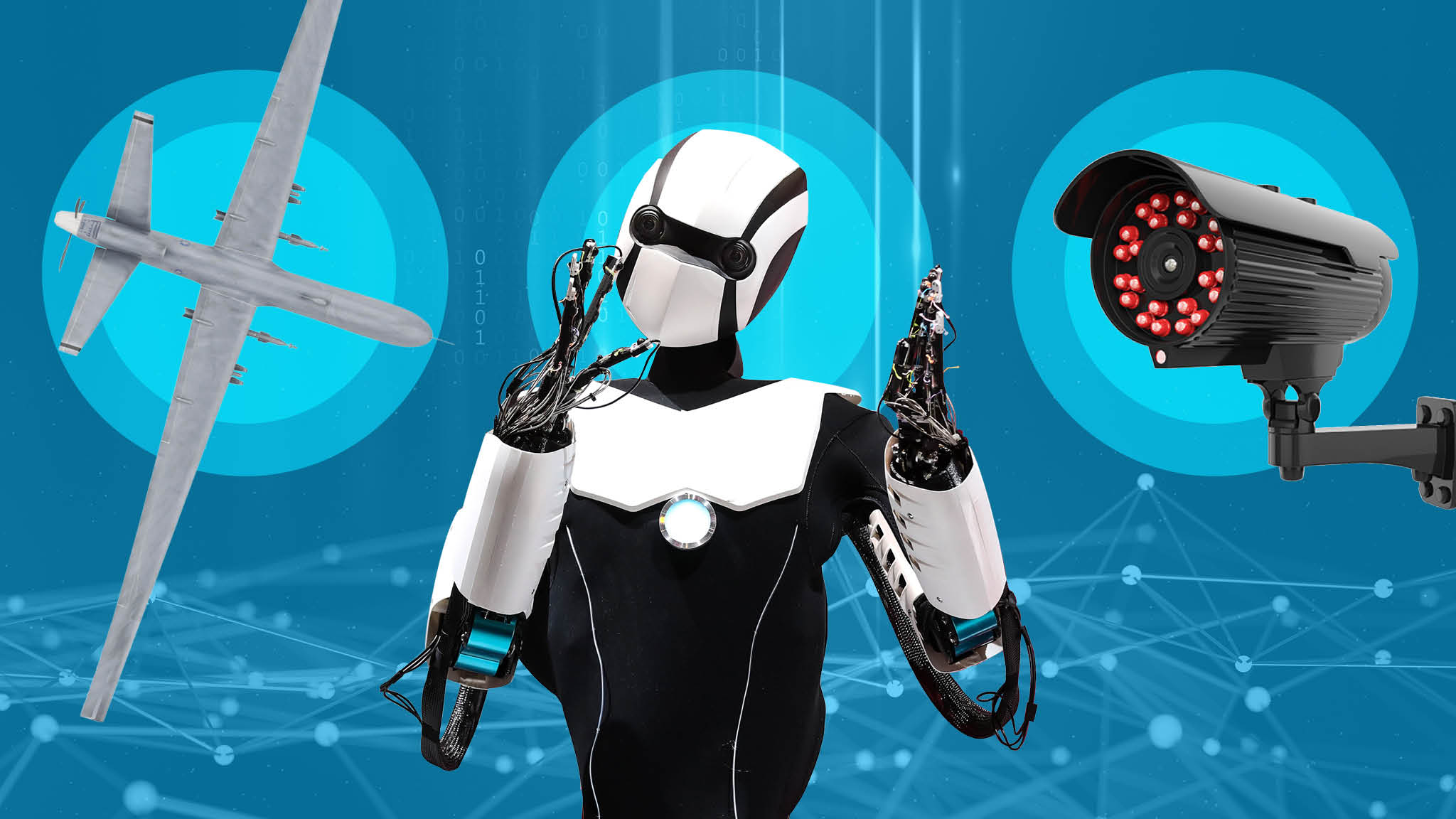Home ➤ Blog ➤ Generative AI ➤ Ethical Considerations of AI in the Military

Ethical Considerations of AI in the Military
Alec Foster • 2023-01-05
Generative AI, AI Models
The integration of artificial intelligence (AI) into military operations is a subject of growing concern, as it raises a plethora of ethical dilemmas. One of the most pressing issues is the potential for AI to make decisions that result in harm to non-combatants.
For instance, if AI is utilized to command drones or other armaments, it may struggle to differentiate between military targets and civilians. This could result in the unintentional killing of innocent individuals, thereby violating the principle of non-combatant immunity. Furthermore, the advent of lethal autonomous weapon systems, which are capable of selecting and engaging targets without human intervention, poses grave moral and ethical quandaries. It could lead to the loss of human oversight over the use of force, with the potential for unlawful or excessive attacks.
Another ethical concern is the risk that AI could replicate and exacerbate biases present in the data it is trained on. If a machine-learning algorithm is utilized for military decision-making and is trained on biased data, it may make decisions that disproportionately harm certain groups, thereby perpetuating systemic discrimination and inequality.
Furthermore, the incorporation of AI into military operations could lead to the privatization of decision-making, as algorithms may be owned and controlled by private entities. This could create conflicts of interest and further undermine the transparency and accountability of the decision-making process.
It is essential that those implementing AI in the military take into account these ethical considerations and undertake measures to mitigate their impact. This can include the formulation of ethical guidelines for the use of AI, regular review and auditing of the data used to train algorithms to ensure they are not biased, and the promotion of public oversight of the use of AI.
The use of AI in military operations holds the potential to bring about significant improvements, but it is vital to consider the ethical implications of such technology. It is imperative that we work to ensure that AI is employed in a manner that is consistent with ethical principles, such as the principle of non-combatant immunity and the prohibition of unlawful or disproportionate attacks.


